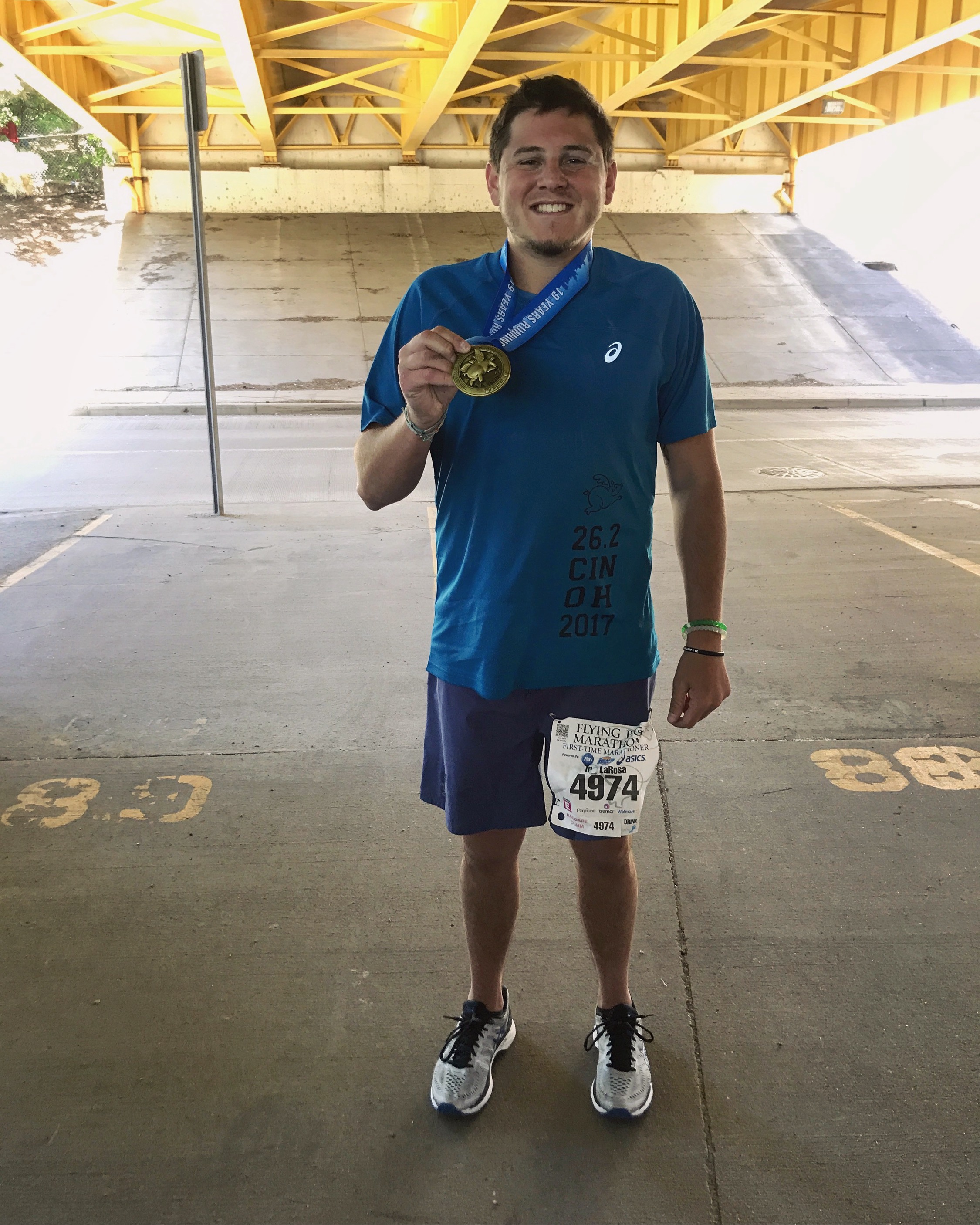I just finished the biography of famed 16th century writer Michel de Montaigne. The biography, titled How to Live, or a life of Montaigne in one question and twenty attempts at an answer, written by Sarah Bakewell, was one of my favorite books I've ever read, though that's probably partly due to the timing of which I've read it.
I added this book to my list before Alyssa died, but I chose to read it a couple months after she passed. If you know me even a little bit, you know that I spend a lot of time trying to find fulfillment from life; I obsess over what the meaning of life is and how to live a good life. The title How to Live obviously attracted my attention. But before reading this book, I had only heard of this writer once before, when reading The Bright Hour a couple of months ago. When I started to read How to Live, I actually hadn't made the connection that Nina Riggs (the author of The Bright Hour) was referring to this writer, whose biography I randomly started reading.
But Sarah Bakewell talks about how that seems to be an underlying characteristic of Montaigne's readers; we all stumble upon him at a time when it seems like we need it most. Maybe that's because no matter when or who reads Montaigne, it's possible to get something from his writings. To me, it doesn't matter. The best books should always resonate with you, no matter the external circumstances of your life. The best writers should be able to make you feel something, no matter if you're in the best or worst shape of life.
Montaigne, to his own credit, is the writer who essentially pioneered stream-of-consciousness writing. Once I learned this, I immediately felt comforted. Something I've struggled with in finding my identity as a writer is that I feel like my best pieces are not heavily researched, prepared, and manicured, but rather written in a moment of what feels like almost mania, where it feels like the product of countless and often fruitless hours contemplating my life that result in writings that could not have been conceived otherwise; in other words, stream-of-consciousness.
Montaigne didn't seek out to be some grand philosopher. He didn't 'philosophize,' but he did study and read, think, and write. He wrote about what was on his mind and how it made him feel, and he realized it was possible to change. He recognized his essays he had written earlier in his career were essentially written by another person, a person he no longer was. Instead of feeling shame at his past thoughts, he embraced the change and wisdom that comes with growing older in life. I admire this quirk about him. When I write, I am shedding a layer of who I am and putting it out there at risk of it potentially hurting me in the future, but I believe that part of being human and becoming a better person requires developing the ability to showcase who we are, even knowing that we may not always be received how we would like to be received.
“Life should be an aim unto itself, a purpose unto itself.”
This is a quote from his last essay, and Bakewell reserves it for the very end of the book. Montaigne struggled with chronic kidney stones throughout his adult life, so he was familiar with pain and suffering. As I finished the book earlier today, reading this quote sent chills down my spine.
For as long as I can remember, I have lived my life as if my future was already molded; as if my destiny has already resolved itself. The strange thing is that runs contrary to the lessons I've learned over the last five years and, really, throughout my entire life. I think I'm a pretty flexible person, somebody that is capable of rolling with the punches and embracing life as it comes, yet I convince myself that other 24-year-olds are living life better than I am, or they are more fulfilled than I am, or whatever it may be.
Whenever I get sad about Alyssa, I feel like I'm not supposed to be happy. I feel like I'm supposed to be grieving her or I should always be sad, even when I know in my heart she would have never wanted that.
There are moments when I don't feel this way. They seem to be fleeting moments, rarer than I'd like them to be, but they make sense as they happen. I notice the openness of my future when I'm walking Duncan on a nice evening, or when I'm going on a hike, or when I'm writing, or working on other projects. The funny thing is, even with all the obsessing over how I want to live a fulfilling life, the moments I feel most overcome with euphoria are moments when I'm entranced in the moment, not thinking about anything else.
I think that's what Montaigne meant when he wrote that quote.
We can obsess over life and our decisions as much as we want, but we will never be able to control everything that happens. We will always have to alter the path as unforeseen problems occur. Finding a way to enjoy life as it comes is the important part.
As contemporary philosopher André 3000 of Outkast once said:
“You can plan a pretty picnic, but you can’t predict the weather. ”
TL









